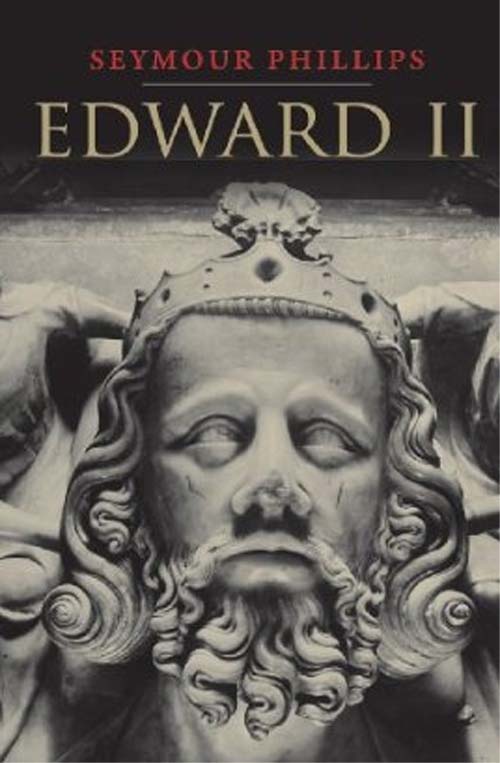Edward II
Review

Edward II by Seymour Phillips
(Yale English Monarchs, Yale University Press), 2010
679pp., £25 hard, ISBN 978-0-300-15657-7
Stuck between two of the greatest medieval English monarchs his father Edward I, the ‘Hammer of the Scots' and his son Edward III, it is hardly surprising that Edward II has gained the reputation for being a poor or even ‘bad' king. If he is remembered at all, it is because of his defeat by Robert the Bruce at Bannockburn in 1314 and for his painful and premature death thirteen years later in Pontefract Castle when he was reputedly killed with a red-hot poker. Nobody had a good word to say about him.
Unusually, even during his lifetime he was subjected to vicious defamation over his life-style, his liking for, choice of and then stubborn support for unpopular favourites, his inability to develop and then sustain coherent policies and his inability to influence events despite expending considerable energy trying to do so. He has fared no better from later historians.
He was neither a successful nor a heroic king and was deposed after twenty years of turbulent and hardly successful rule. Seymour Phillips has written what must be the definitive account of Edward and his rule using all the currently available sources for his life. The result is a far more complex picture of the king than the one-dimensional monarch of history and Seymour Phillips concludes that he was not really that different from most of his predecessors and successors on the English throne.
He strikes a deft balance between the extreme views expressed on him by contemporaries and subsequent writers and, for the first time, takes account of the problems he faced in England, Scotland and Ireland and in his relations with France. The result is a far more rounded picture of a monarch grappling with problems for which he had no real solutions or where there were solutions he chose wrongly. He also tackles the question of whether Edward II lived after 1327 considering the arguments that, far from being murdered, he lived on as a captive in England and then as a wanderer on the Continent. Phillips concludes that murder was the most likely option.
This is a major study of an unjustifiably neglected monarch and is written with great skill and style. It will remain the most important study of Edward for decades to come.

